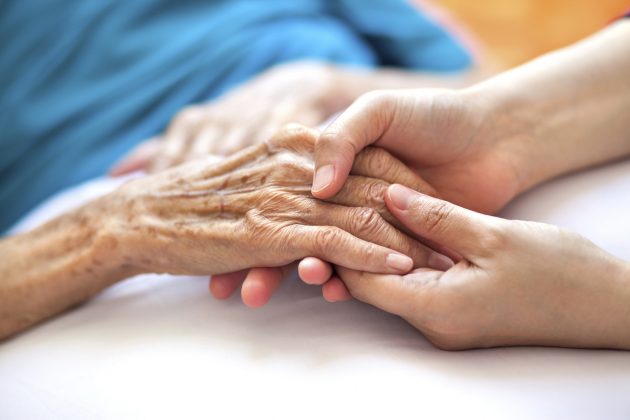Physician’s Weekly recently reported that earlier referrals to hospice improve not only quality of life for the patient but also for their caregivers.
This article focuses on advanced cancer. One could argue that the same outcomes are found for anyone with end-stage diseases such as heart failure, COPD, dementia and possibly kidney disease – depending on how the patient feels on chronic dialysis and their values and goals for the future. Studies show that nearly 30% of all patients in hospice receive care for 7 days or less, indicating that referrals are coming very late in the disease progression. Cancer patients disproportionately make up that number as they represent nearly 40% of the patients enrolled in hospice care in the United States according to the National Hospice and Palliative Care Organization (NHPCO). Only 50% of Medicare decedents were enrolled in hospice at the time of death.
The hard part is having conversations with patients and families as early as possible to discuss hospice. Conversations about hospice can start as early as when they receive the diagnosis of a serious, progressive, irreversible disease. “Equipping patients with the information and guidance they need to plan for their end-of-life care, including establish living wills and advance directives, helps ensure they receive the care they want to receive at the appropriate time.”
These conversations can be started by the Primary Care Provider (PCP), the specialist treating the serious illness, or a palliative care team. Palliative care is not the same as hospice. It can be added as an extra layer of support for the patient and family at the time of diagnosis. It also supports the PCP and specialists by helping with symptom management and ongoing conversations about values and goals based on how a patient responds to treatment and progression of the disease.
Hospice is for those patients who have no options for curative treatment, or the treatment is no longer effective. An early conversation may go something like this: “Mrs. Smith, we have a plan in place to manage the progression of the disease to the best of our ability. Would it be ok to talk about a plan to have ready when the disease is no longer responding to our interventions?” Education about what hospice is and what may be happening with that specific patient to know when to transition to hospice care is helpful not only for the patient and family but also for the provider.
As things change, you can go back to that early discussion to remind the patient and family that you have a plan ready for when the response to interventions is not as one hoped. This conversation may be triggered by objective assessments such as the Eastern Cooperative Oncology Group (ECOG) score or the Palliative Performance Scale (PPS) score.
Earlier conversations allow patients to express their values, goals, and preferences for care throughout their healthcare journey. It can also help reduce hospitalizations, ICU stays and intubations with longer hospice stays – leading to improved quality of life.




